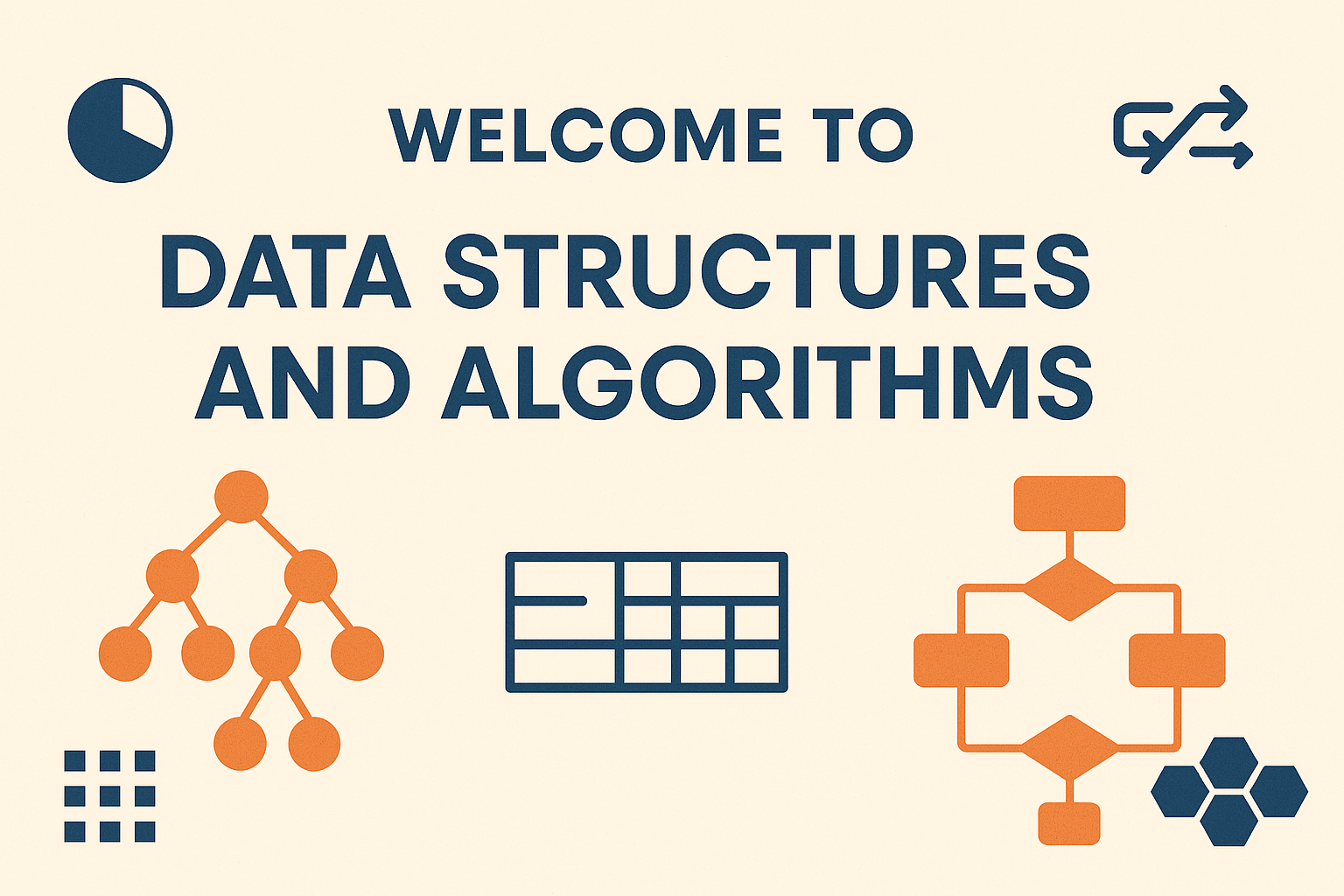Search results: 332
Businesses
enable their place in the market through innovation and meeting customer
needs.
As new technologies evolve, new opportunities and risks are exposed.
Therefore, we need to analyse the competitive advantage and suitability
of
technology before deploying it into business. This module covers the
role,
opportunities and issues related to information systems in business
organizations. A Business technology solution related to sustainability
will be
discussed in detail. The fundamental knowledge related to the
formulation of a
sound business case for a technology solution will be discussed.Information Systems for Business Processes
Agile Project Management
Project governance is a critical area in industry. It can enable anything from competitive advantage, to advantageous use of resources. Understanding the need for clear planning and objectives, benefits realisation, project plan, costs estimation and mitigating methods, risks can be properly managed to avoid becoming issues. This module follows a systematic methodology for initiating, planning, executing, controlling and closing technology solutions projects. It covers industry standard processes, methods, techniques and tools to execute projects. The roles, process, techniques and benefits of agile projects will be covered. A comparison of traditional and agile project management methods will be included.
The dream of building machines that emulate living organisms has always accompanied humans throughout the development of civilization. Despite such a long history, Robotics as a discipline is a relatively new field where Mechanical, Electronic and Software Engineering merge together in the attempt to build intelligent machines. This course introduces students to this fascinating field by focusing on modelling, planning and control of mobile robots.


